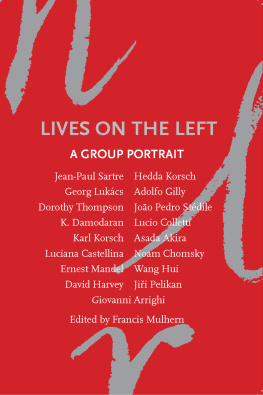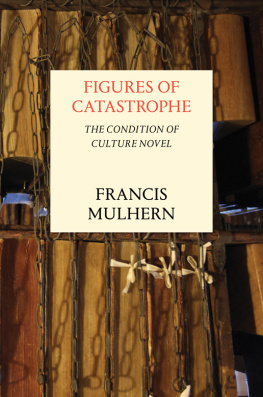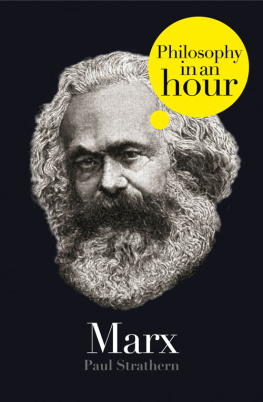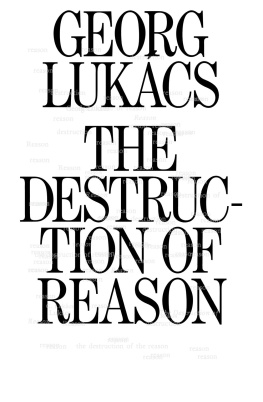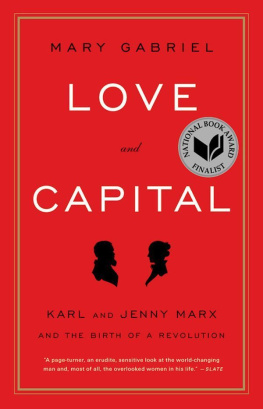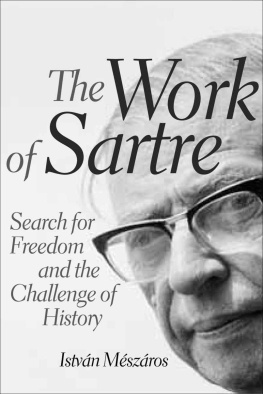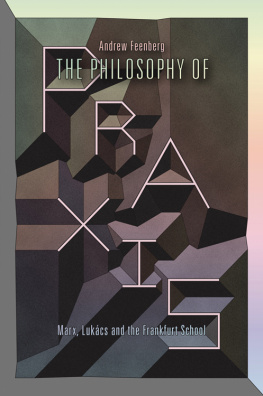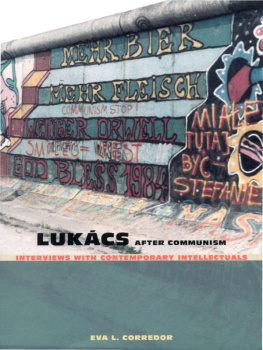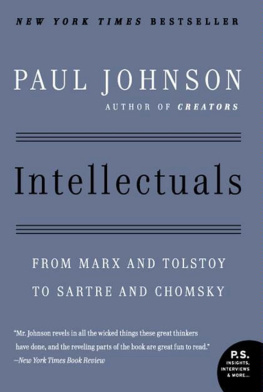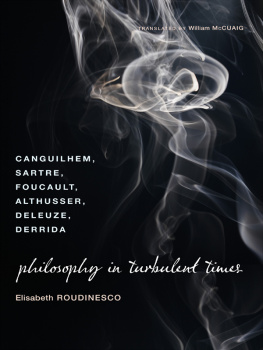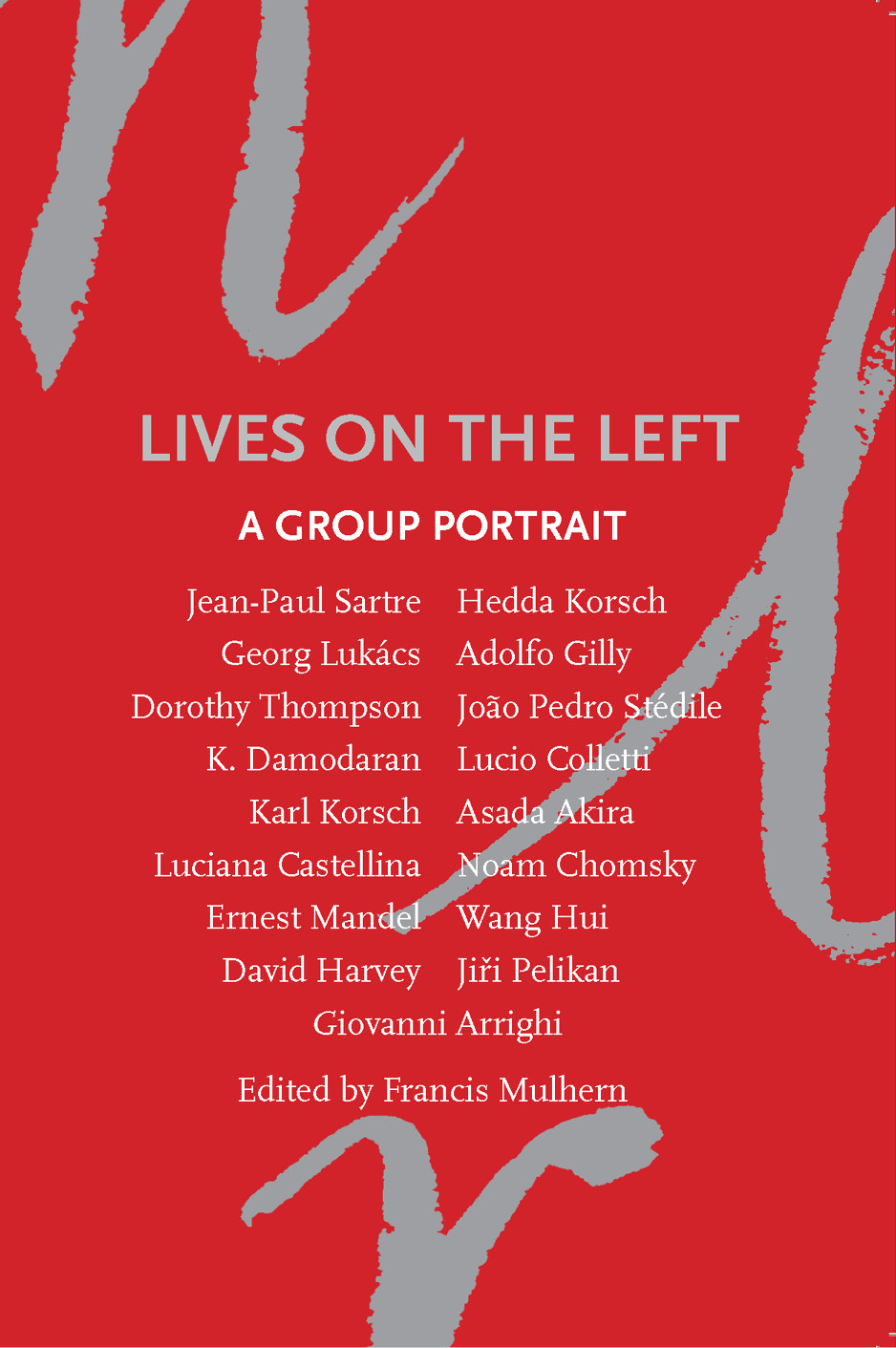
The extended critical interview is especially flexible as a form, by turns tenacious and glancing, elliptical or sustained, combining argument and counter-argument, reflection, history and memoir with a freedom normally denied to its subjects in conventional writing formats. Lives on the Left brings together sixteen such interviews from New Left Review in a group portrait of intellectual engagement in the twentieth century and since. Four generations of intellectuals discuss their political histories and present perspectives, and the specialized work for which they are, often, best known. Their recollections span the century from the Great War and the October Revolution to the present, ranging across Europe, the Americas, Africa and Asia. Psychoanalysis, philosophy, the gendering of private and public life, capital and class formation, the novel, geography, and language are among the topics of theoretical discussion. At the heart of the collection, in all its diversity of testimony and judgement, is critical experience of communism and the tradition of Marx, relayed now for a new generation of readers.
New Left Review was founded in 1960 in London, which has remained its base ever since. In fifty years of publication, it has won an international reputation as an independent journal of socialist politics and ideas, attracting readers and contributors from every part of the world. A Spanish-language edition is published bimonthly from Madrid.
Georg Lukcs
Hedda Korsch
Ji r i Pelikan
K. Damodaran
Ernest Mandel
Dorothy Thompson
Lucio Colletti
Luciana Castellina
Adolfo Gilly
Jean-Paul Sartre
Noam Chomsky
David Harvey
Joo Pedro Stdile
Asada Akira
Wang Hui
Giovanni Arrighi
Lives on the Left
A Group Portrait

Edited by
FRANCIS MULHERN

First published by Verso 2011
All interviews in this book printed by kind permission of New Left Review
New Left Review 2011
Introduction Francis Mulhern 2011
All rights reserved
The moral rights of the authors have been asserted
1 3 5 7 9 10 8 6 4 2
Verso
UK: 6 Meard Street, London W1F 0EG
US: 20 Jay Street, Suite 1010, Brooklyn, NY 11201
www.versobooks.com
Verso is the imprint of New Left Books
eISBN: 978-1-84467-798-6
British Library Cataloguing in Publication Data
A catalogue record for this book is available from the British Library
Library of Congress Cataloging-in-Publication Data
A catalog record for this book is available from the Library of Congress
Typeset in Galliard by MJ Gavan, Truro, Cornwall
Printed in the US by Maple Vail
Contents

Chronology

(in order of twenty-fifth birthday year)
Georg Lukcs | 1910 |
Karl Korsch | 1911 |
Hedda Korsch | 1915 |
K. Damodaran | 1929 |
Jean-Paul Sartre | 1930 |
Dorothy Thompson | 1948 |
Jiri Pelikan | 1948 |
Ernest Mandel | 1948 |
Lucio Colletti | 1949 |
Adolfo Gilly | 1953 |
Noam Chomsky | 1953 |
Luciana Castellina | 1954 |
David Harvey | 1960 |
Giovanni Arrighi | 1962 |
Joo Pedro Stdile | 1978 |
Asada Akira | 1982 |
Wang Hui | 1984 |
Not Yet, No Longer, Not Yet:
An Introduction
Francis Mulhern
In the late 1960s, New Left Review began to develop the interview form as an integral element of its publishing repertoire. The first in the sequence was with Georg Lukcs, in the last months of 1968though not the first published, as it happened, given the delicacy of his situation in Hungary at that time. The first interviews to appear were with Noam Chomsky and Jean-Paul Sartre, pre-eminent figures in their respective fields of linguistics and philosophy, and exemplars, in their contrasting styles, of independent intellectual engagement on the Left.
The great advantages of the interview are its manoeuvrability and range. Beginning, usually, in a conversation and resulting in a printed representation of that, its production process is more complex than this suggests, combining the greater spontaneity and pace of speech with the greater scope and control available to both parties in written revision and supplementation, where in fact much of the work of composition may occur. A singular form only in the minimal sense in which the novel can be said to be one, the interview accommodates a whole array of spoken and written varieties at both poles of the exchange (exposition and narrative, and elicitation, but also argumentative rallies, interjections, anecdotes, asides) and licenses elliptical transitions from one topic to anotherjump-cuttingin relative freedom from the constraints of the standard article form. At other times, it may serve the purposes of what might have been an article, creating a monologic argument or narrative with a facilitating second voice, in effect. Some of the interviews reprinted here move at this end of the range, offering extended and methodical historical treatments of their material. But even in those cases, the differences are palpable. For the interview as conceived of here is among other things a kind of portraiture, or rather self-portraitureand a mode in which, then, however discreetly, thought becomes thinking, something of its character as a process is reanimated, as concepts find their forms and effects in the grain of biographical sequences and historical construction is re-inflected in the lived interpretations of memoir. Even at its most austerely conceptual or political, and in so far as it goes beyond the merest formal simulation of spoken exchange, the interview takes on the distinctive colorations of autobiography and memoir. The temporal complexity of these interviews brings a further enrichment of meaning. Each, read alone, is straightforward enough: a specific mix of recollection, statement and expectation framed at a point in time. Read as a confluence of voices, in the order suggested here, their suggestions multiply, often movingly and not least ironically. Shared chronological time is criss-crossed by individual histories, one account varying from other accounts of the same thing, the anticipations of earlier generations sometimes coexisting awkwardly with the retrospects of the youngerand both now exposed, after a greater or lesser lapse of years, to readers who, for now, have the privilege of final retrospect. Impersonal cruces in politics and theory are not rendered less objective or less demanding in this process; the fact of complexity is not an exemption from judgement, and the personal is not a solvent of public contradiction. But they are heard differently, echoing as moments in a collective historical experience.
Next page
